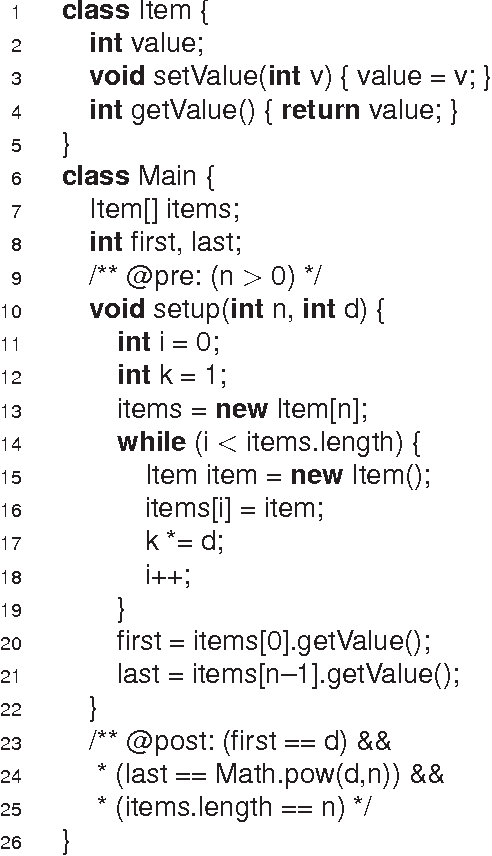Wolfgang Mayer
MetaToolAgent: Towards Generalizable Tool Usage in LLMs through Meta-Learning
Jan 19, 2026Abstract:Tool learning is increasingly important for large language models (LLMs) to effectively coordinate and utilize a diverse set of tools in order to solve complex real-world tasks. By selecting and integrating appropriate tools, LLMs extend their capabilities beyond pure language understanding to perform specialized functions. However, existing methods for tool selection often focus on limited tool sets and struggle to generalize to novel tools encountered in practical deployments. To address these challenges, we introduce a comprehensive dataset spanning 7 domains, containing 155 tools and 9,377 question-answer pairs, which simulates realistic integration scenarios. Additionally, we propose MetaToolAgent (MTA), a meta-learning approach designed to improve cross-tool generalization. Experimental results show that MTA significantly outperforms baseline methods on unseen tools, demonstrating its promise for building flexible and scalable systems that require dynamic tool coordination.
Cross-Domain Few-Shot Learning via Adaptive Transformer Networks
Jan 25, 2024Abstract:Most few-shot learning works rely on the same domain assumption between the base and the target tasks, hindering their practical applications. This paper proposes an adaptive transformer network (ADAPTER), a simple but effective solution for cross-domain few-shot learning where there exist large domain shifts between the base task and the target task. ADAPTER is built upon the idea of bidirectional cross-attention to learn transferable features between the two domains. The proposed architecture is trained with DINO to produce diverse, and less biased features to avoid the supervision collapse problem. Furthermore, the label smoothing approach is proposed to improve the consistency and reliability of the predictions by also considering the predicted labels of the close samples in the embedding space. The performance of ADAPTER is rigorously evaluated in the BSCD-FSL benchmarks in which it outperforms prior arts with significant margins.
Automatic Semantic Modeling for Structural Data Source with the Prior Knowledge from Knowledge Base
Dec 21, 2022



Abstract:A critical step in sharing semantic content online is to map the structural data source to a public domain ontology. This problem is denoted as the Relational-To-Ontology Mapping Problem (Rel2Onto). A huge effort and expertise are required for manually modeling the semantics of data. Therefore, an automatic approach for learning the semantics of a data source is desirable. Most of the existing work studies the semantic annotation of source attributes. However, although critical, the research for automatically inferring the relationships between attributes is very limited. In this paper, we propose a novel method for semantically annotating structured data sources using machine learning, graph matching and modified frequent subgraph mining to amend the candidate model. In our work, Knowledge graph is used as prior knowledge. Our evaluation shows that our approach outperforms two state-of-the-art solutions in tricky cases where only a few semantic models are known.
ASP-based Discovery of Semi-Markovian Causal Models under Weaker Assumptions
Jun 06, 2019



Abstract:In recent years the possibility of relaxing the so-called Faithfulness assumption in automated causal discovery has been investigated. The investigation showed (1) that the Faithfulness assumption can be weakened in various ways that in an important sense preserve its power, and (2) that weakening of Faithfulness may help to speed up methods based on Answer Set Programming. However, this line of work has so far only considered the discovery of causal models without latent variables. In this paper, we study weakenings of Faithfulness for constraint-based discovery of semi-Markovian causal models, which accommodate the possibility of latent variables, and show that both (1) and (2) remain the case in this more realistic setting.
Model-Based Debugging using Multiple Abstract Models
Sep 17, 2003

Abstract:This paper introduces an automatic debugging framework that relies on model-based reasoning techniques to locate faults in programs. In particular, model-based diagnosis, together with an abstract interpretation based conflict detection mechanism is used to derive diagnoses, which correspond to possible faults in programs. Design information and partial specifications are applied to guide a model revision process, which allows for automatic detection and correction of structural faults.
 Add to Chrome
Add to Chrome Add to Firefox
Add to Firefox Add to Edge
Add to Edge